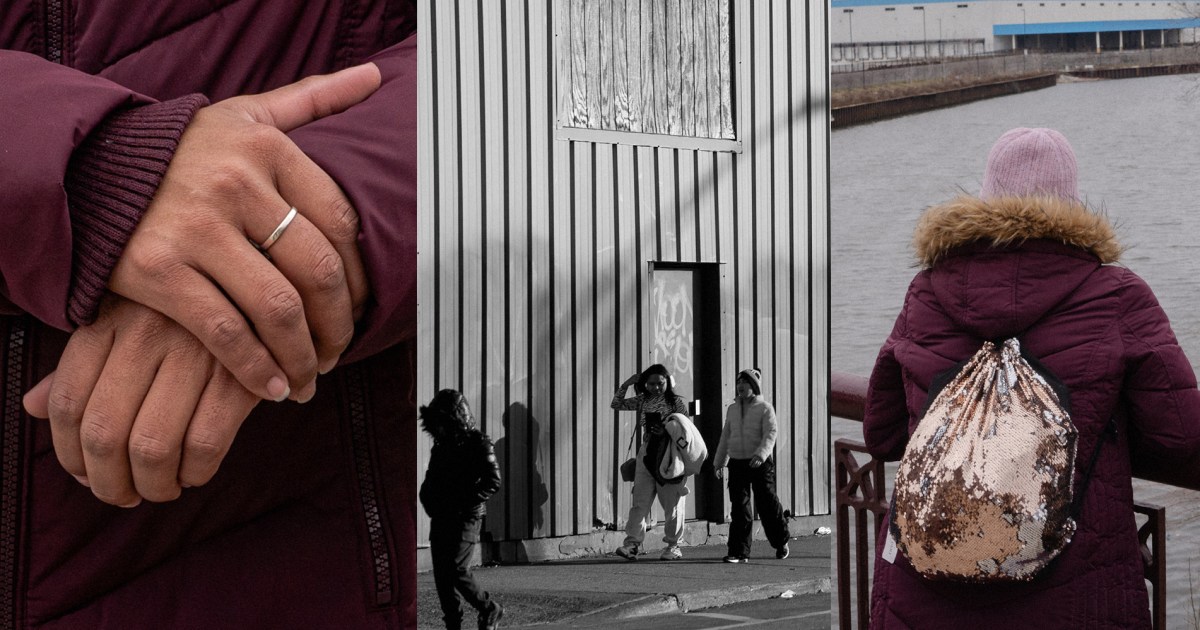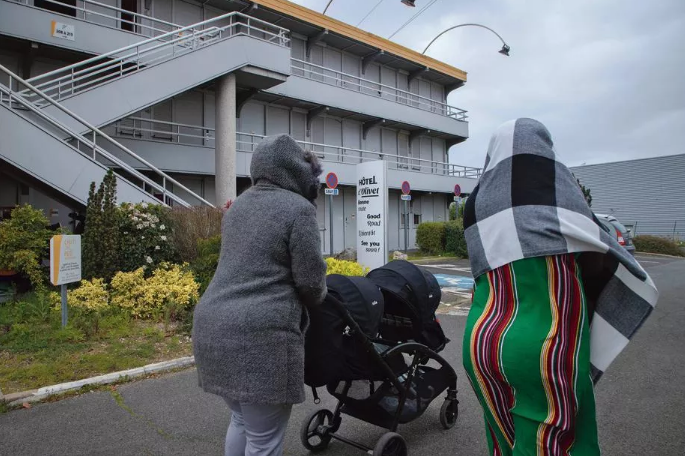Enlarge image
Corona test station in front of the Dar-as-Salam mosque in the Neukölln district of Berlin
Photo: Wolfgang Kumm / dpa
The corona pandemic could endanger the integration success of many migrants and have a long-term negative impact on social cohesion in Germany. This is the result of a scientific study led by Petra Bendel, Professor of Political Science at the University of Erlangen-Nuremberg, which will be presented on Tuesday. For this purpose, the researchers evaluated various studies and developed future scenarios for Germany. "Almost all areas of integration policy are affected by the negative effects of the pandemic," says Bendel. "Achievements that we have achieved over the past six or seven years are in danger of fading if we do not take appropriate countermeasures."
According to the analysis, the effects of the pandemic were particularly clear on the labor market.
»You tend to meet employees with migration experience«.
On the one hand, it has become clear that many of them are employed in systemically relevant professions.
Refugees in particular, however, often worked in insecure employment relationships and less in jobs suitable for working from home.
Particular health risks for migrants
Immigrants would also have disadvantages in the field of education.
Access to school education and language and integration courses has become difficult due to homeschooling, especially since there is often a lack of WiFi and end devices.
A lack of language skills or different entry requirements often made it difficult for parents to support their children in online lessons.
The commitment of volunteers has decreased.
Migrants are also exposed to particular health risks.
The risk of infection is high in shared accommodation: »There is a lack of hygiene articles and information;
compliance with distance rules is simply not possible. "
Three possible scenarios
The researchers at the University of Erlangen-Nuremberg have developed three possible scenarios of how Germany will deal with migration in 2030, also as a result of Corona.
1) "The Exclusion Society: Germans First": This is seen after the pandemic, "less solidarity", "security-fixated" and prevents migration.
Overall, the spectrum of parties has shifted to the right.
Racism is broadly anchored in society.
2) "The utilitarian society: Germany's new guest workers: inside": Migration policy only looks for "desired workers" who are useful for the job market.
"Integration is limited in time, organized professionally or based on behavior that complies with the rules."
3) "The participation-oriented society: stronger than viruses": The corona pandemic has increased awareness that migrants are "systemically relevant" in many social and economic areas. Migration policy continues to function selectively, but is not based on economic considerations, but rather on social needs. This includes, for example, that family reunification is now made possible for all people who are already in Germany.
The study does not provide any information about which scenario is most likely to occur. "We think they are all plausible," says Bendel. The decisive factor is how politicians react now. The study therefore also contains instructions, such as that the state should ensure fairer and safer working conditions for migrants. Wherever possible, "accommodation in communal accommodation should be equalized." In principle, anti-discrimination measures could help migrants and refugees to find an apartment. In addition, access to digitization should be simplified and reduced in bureaucracy for schoolchildren and participants in integration courses, and volunteer engagement should be further promoted.
What is also necessary is “decisive action against racism and discrimination”. The search for “scapegoats” for the spread of the virus and for the worsened economic situation makes the descendants of immigrants and refugees a target.














